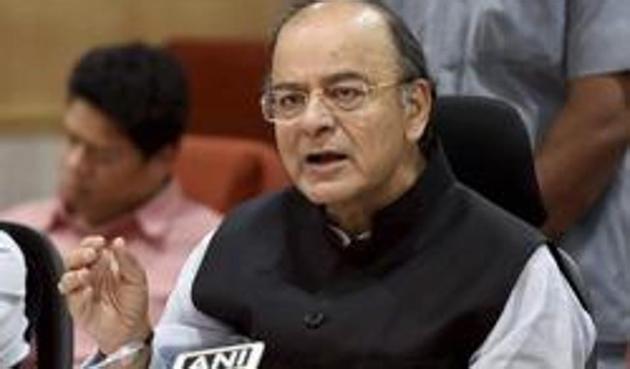GST rollout: Rajya Sabha to debate four bills today
As GST enters its last lap before its nationwide implementation in July, the Rajya Sabha, today, will take up four bills for its roll-out.
Four GST-related bills will come for discussion in Rajya Sabha on Wednesday, as the new indirect tax enters its last lap for a nationwide implementation in July. The Lower House has already passed these bills.

The bills are the Central Goods and Services Tax Bill (CGST), the Integrated Goods and Services Tax Bill (IGST) the Goods and Services Tax (Compensation to States) Bill and the Union Territory Goods and Services Tax Bill (UTGST).
The CGST will give powers to the Centre to levy tax after levies of excise, service tax and additional customs duty is subsumed. The IGST will be a tax to be levied by the Centre on inter-state movement of goods and services.
Besides, GST compensation law allows for imposition of cess on certain luxury goods like tobacco, high-end cars and aereated drinks to create a fund for compensating states for any loss of revenue in the first five years after implementing the new indirect tax.
The UTGST is for UTs like Chandigarh and Daman and Diu which do not have assemblies.
After the Parliament clears the four bills, and the President gives his nod, states will pass the State GST or SGST law that will allow them to levy sales tax after levies like VAT are subsumed.
In the backdrop of a reconciliatory mood, Lok Sabha members had shown consensus that the new indirect tax is the biggest reform since Independence and is the need of the hour. But still, concerns were raised, about the GST council, fears of revenue loss and loss of autonomy.
Since these are money bills, the Rajya Sabha can suggest changes to them but the Lower House has the authority to overrule them.
More than a decade in the making, GST is expected to shore up government revenue and spur economic growth by 1-2 percentage points. Though the government and it officials have gone on record to state that the tax burden will be reduced, but experts point out that GST will stoke inflationary trends in the initial years.
The rates in the four-slab structure of GST will be 5%, 12%, 18% and 28%. The CGST, IGST and SGST provide for a maximum tax of 20% each. Taken any of the two taxes together, the bills provide a maximum tax burden at 40%, this, however is as an enabling provision for financial emergencies.
Businesses in the Northeastern and hill states with annual turnover below Rs.10 lakh would be out of the GST net, while the threshold for the exemption in the rest of India would be an annual turnover of Rs.20 lakh.
The GST will merge all the indirect central government levies like sales tax, service tax, excise duty, additional customs duty (Countervailing Duty), special additional duty of customs, surcharges and cesses.
Stay informed on Business News, TCS Q4 Results Live along with Gold Rates Today, India News and other related updates on Hindustan Times Website and APPs




